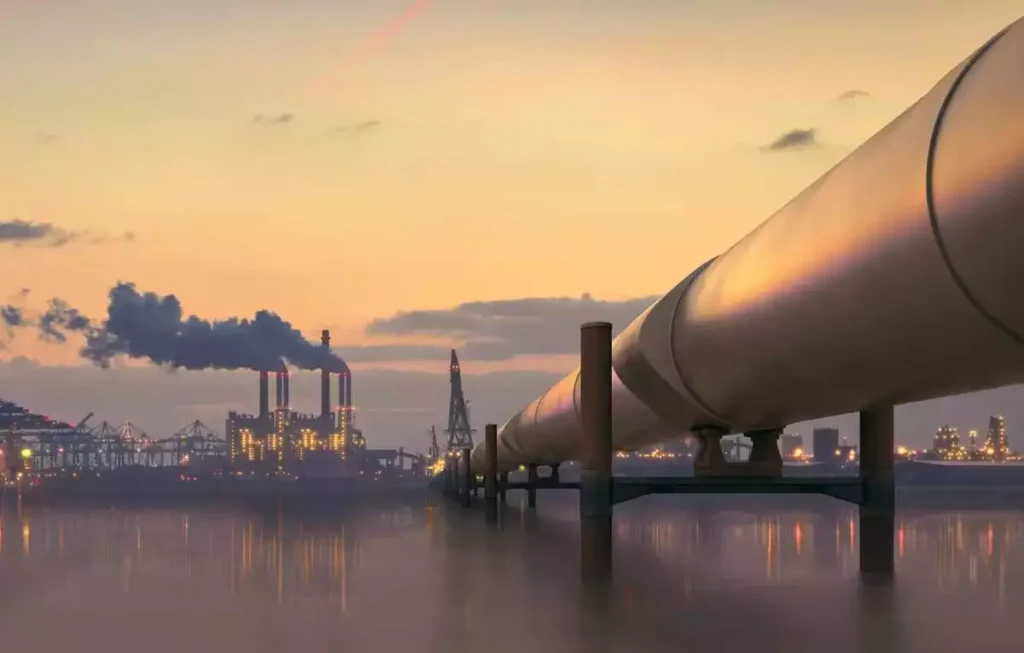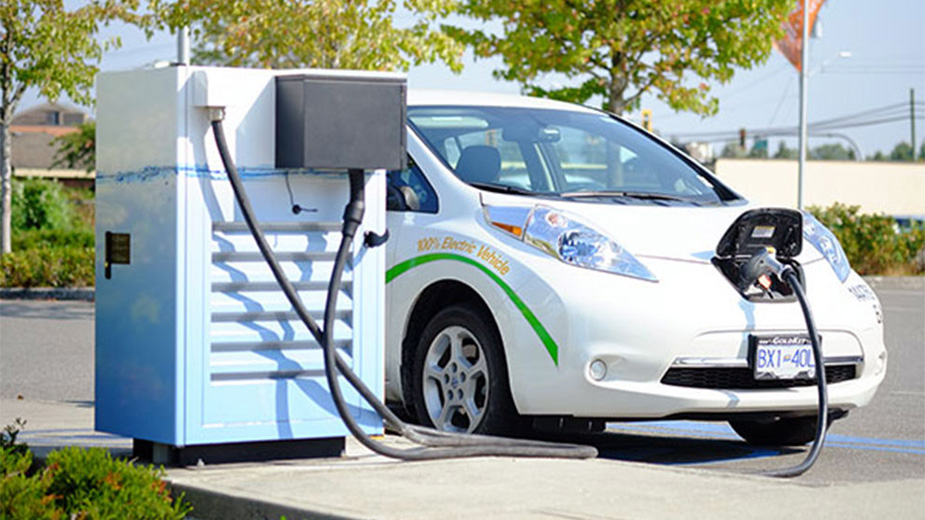
Despite ongoing security concerns and a shift in the global energy landscape, ExxonMobil remains optimistic about its Rovuma LNG project in Mozambique.
The company anticipates a final investment decision by the end of 2025, according to a recent statement by Arne Gibbs, general manager at ExxonMobil Mozambique.
The Rovuma LNG project, located in Area 4 of northern Mozambique, is a collaboration between ExxonMobil and Eni.
ExxonMobil is responsible for building and operating the onshore liquefaction facilities, while Eni focuses on the Coral floating LNG project and upstream operations.
The project was initially delayed due to the 2021 force majeure declaration by TotalEnergies at its nearby Area 1 Mozambique LNG plant, as the two projects share some infrastructure.
However, Gibbs emphasized ExxonMobil’s commitment to overcoming challenges through collaboration.
The Rovuma LNG project has undergone significant changes to adapt to the evolving energy market. Initially designed for 15 million tonnes per annum (mtpa) capacity, it is now being redesigned as a modular, electric LNG plant with an 18 mtpa capacity.
This new design offers greater flexibility and reduces greenhouse gas emissions.
“It was important to change our design to a project that is…fit for purpose for the current business environment, including the attention to CO2 emissions and GHGs,” stated Gibbs.
ExxonMobil acknowledges the recent withdrawal of financing from Credit Agricole due to the bank’s commitment to limiting investments in new fossil fuel projects.
However, the company remains confident in securing financing for the revised project.
On the security front, Gibbs acknowledged the recent improvement in Cabo Delgado province due to the intervention of regional and Rwandan military forces.
Nevertheless, ExxonMobil continues to monitor the situation closely, as Islamic State-linked militants launched new attacks there earlier this year.
The Rovuma LNG project represents a significant investment in Mozambique’s future. Its success hinges on navigating security concerns, securing financing for a revised project in a changing energy landscape, and demonstrating its commitment to reducing environmental impact.




